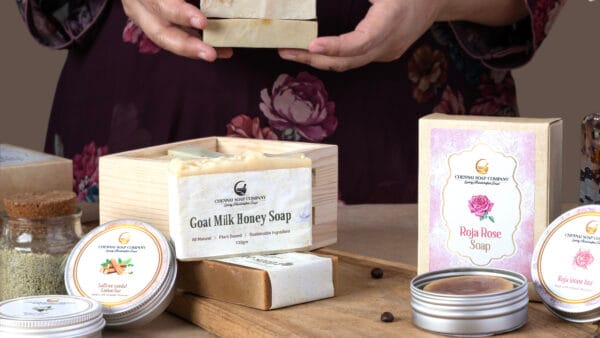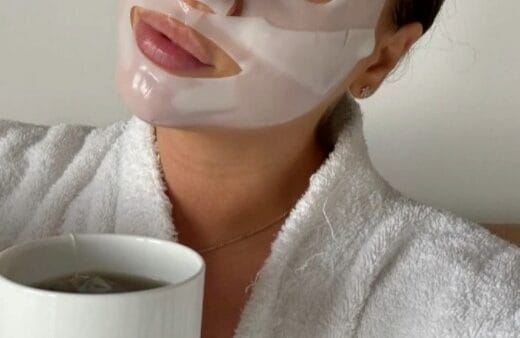Beauty enthusiasts are now looking for cleaner alternatives to their favourite products, be it their foundations, body washes, shampoos or deodorants—the last one is particularly high on many people’s priority lists. The preference for natural products can be linked to a greater understanding of the effects of harsh chemicals, as well as the efficient and easy-to-use options available. The safety of traditional anti-sweat and anti-odour sprays and roll-ons too have been called to question recently, further fuelling the move to a chemical-free variant. Are the conventional drugstore deodorants on the market really that harmful for you? We spoke to three leading dermatologists to find out.
What is the difference between deodorant and antiperspirant?
The terms deodorant and antiperspirant are often used interchangeably, but they aren’t the same thing. Antiperspirants typically contain aluminium, which blocks the normal working of the sweat glands. “Traditional deodorants, on the other hand, don’t actually prevent sweat, but mask or block the body odour that occurs as a by-product,” says dermatologist Dr Satish Bhatia. Antiperspirants are actually considered a drug according to the USA Food and Drug Administration, because they interfere with a natural bodily function.
How worried should you be about the aluminium content in your antiperspirants?
“There have been studies that show that aluminium can enter the bloodstream and have been linked to breast cancer, and in some cases, Alzheimer’s disease,” says Dr Geetika Mittal Gupta, founder and medical director, ISAAC. “Most breast cancers develop in the upper outer part of the breast—the area closest to the armpit, which is where antiperspirants are applied. Studies suggest that chemicals in antiperspirants, including aluminium, are absorbed into the skin, particularly when the skin is nicked during shaving. These chemicals may then interact with DNA and lead to cancerous changes in cells, or interfere with the action of the female hormone oestrogen, which is known to influence the growth of breast cancer cells,” adds Dr Pankaj Chaturvedi, consultant dermatologist and specialist hair transplant surgeon, MedLinks. However, Dr Chaturvedi is quick to note that there isn’t enough evidence to suggest that aluminium is cancer-causing, as the amount being absorbed is very small.
How does aluminium affect sensitive skin?
“In some cases, if the skin is sensitive to chemicals, the patient might develop irritant contact dermatitis, which shows up as a consistent, itchy rash,” says Dr Bhatia. To such patients, he recommends switching to aluminium-free, natural deodorants, where essential oils and trace minerals are typically blended with ingredients like baking soda, corn starch, arrowroot powder and shea butter. Antibacterial and refreshing essential oils (tea tree, eucalyptus, peppermint, lavender) work to neutralise the bacteria, while natural powders absorb the excess wetness from sweating.
“Another side effect of aluminium chloride is that when mixed with even a bit of sweat, it changes its colour to yellow, which leads to a higher likelihood of your clothes being stained,” adds Dr Bhatia. So if you are wearing high maintenance fabrics such as silks, chiffons or lighter colours, opting for natural deodorants is wise. To enhance its efficacy, Dr Bhatia suggests exfoliating before spritzing or rolling the formula on.
What ingredients should you look for in a natural deodorant?
If your skin is sensitive, or you’re simply looking to switch to a more natural deodorant, you’ll have to skim the ingredient list before you purchase a product to ensure its safety. Most brands use coconut oil, beeswax and candelilla wax to create the solid base, adding baking soda or arrowroot to kill bacteria and absorb wetness. Essential oils like tea tree oil, lemon grass and sage usually bring in a natural fragrance, and also have antiseptic properties of their own. Skip products that include talc or other perfumes, as the ingredients could be irritating to your skin.





